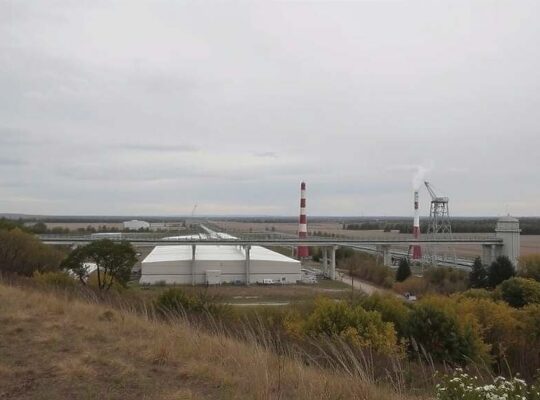Recent data from Destatis, Germany’s Federal Statistical Office, reveal a slight easing of energy poverty within the nation, although the underlying vulnerabilities remain significant and highlight broader European disparities. In 2024, approximately 5.3 million Germans, representing 6.3% of the population, reported struggling to afford adequate heating for their homes – a decrease from 8.2% in 2023. While this reduction is welcome, it positions Germany below the EU average, where 9.2% of households faced similar financial constraints last year, down from 10.6% in 2023.
The divergence in experiences across Europe is stark. Nations like Bulgaria and Greece, where nearly one in five households are burdened by energy affordability issues, contrast sharply with countries like Finland, Slovenia and Poland, where the rates are considerably lower. This geographic disparity underscores the uneven impact of the energy crisis and the varying degrees of social safety nets employed across member states.
The recent decline partly mirrors a general softening in energy prices. In September 2024, consumers paid 1.9% less for household energy compared to the previous year. However, this modest relief follows a period of dramatic price escalation. Between 2020 and 2024, household energy prices surged by 50.3%, significantly outpacing overall consumer price inflation at 19.3%. This historical context reveals the lasting impact of the energy crisis on vulnerable populations.
The burden of these price fluctuations is not uniformly distributed. Households reliant on heating oil have experienced the most drastic price increases, nearly doubling in cost between 2020 and 2024. Natural gas, the most prevalent heating source, also saw substantial price hikes, increasing by nearly 90% over the same period. While cheaper alternatives like district heating, firewood and electricity have seen relative price declines recently, the affordability gap for low-income households remains a persistent challenge.
The current situation prompts critical questions about the long-term effectiveness of short-term relief measures and the need for structural reforms to decouple energy prices from inflation and protect vulnerable citizens. The data underscores the urgent need for policies addressing energy efficiency in housing, promoting renewable energy transitions tailored to diverse national contexts and ensuring equitable access to affordable heating for all European citizens. Furthermore, the significant disparity between nations highlights the need for greater European solidarity in addressing energy poverty and fostering a more resilient and equitable energy system.












